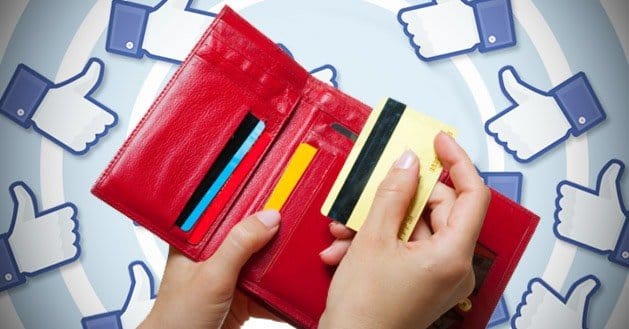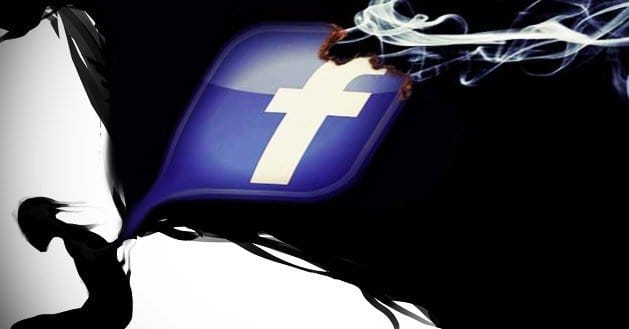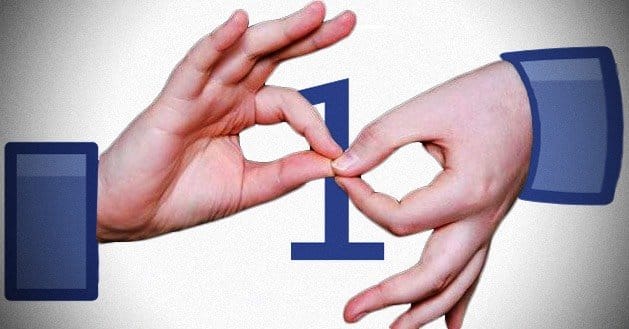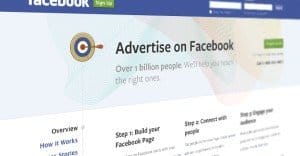 Written by ContentPowered.com
Written by ContentPowered.com
Buying likes on Facebook has earned a bad rap over the last, well, forever. It’s firmly considered one of those gray hat techniques that either does nothing, or hurts you in the long run. How much of that is actually true? Is buying likes really all that bad? Is it just a waste of money? Can it actually be effective?
A Spectrum of Quality
The thing most people forget when talking about buying likes is that not all likes are created equal. Likewise, not all like sellers are created equal. If you’re going to Fiverr and buying 10,000 likes for $5, you’re probably getting 7,000 robot accounts and 3,000 people in Bangladesh liking your page. On the opposite end of the spectrum, consider Facebook’s PPC advertising. You can, specifically, set the goal of your advertising to be a page like. How is that not buying likes? For that matter, Facebook’s PPC needs to be carefully controlled, or else you’ll end up with thousands of likes coming in from Bangladesh, only you’re paying a lot more per like.
For that matter, if you’re the kind of business selling a product that might be a viable purchase to someone in Bangladesh, those likes might actually be valuable. On the other hand, if you’re a local goldfish retailer in Arizona, they aren’t going to do a thing for you.
As it turns out, you can buy likes legitimately, and you can do it in a way that ends up beneficial to your business. You just need to be careful with what you’re doing.
How Fake Likes Hurt Reach
Before getting into how you can buy likes legitimately, let’s look at the pitfalls that stand before you. These are all of the ways fake likes can hurt you. Let’s be clear now; when you buy likes legitimately, you’re not buying fake likes. You’re buying real likes from real people, just like you would through a highly targeted Facebook PPC campaign. The only difference is that a third party service that sells likes uses a network of websites not tied to the Facebook system and advertises on them in a way that brings people to your page legitimately.
1: Fake likes don’t boost your credibility the way you might expect. No one really looks at your page and decides that you must be a great company because you have 40,000 likes. This is specifically because fake likes boost your like count and nothing else. This is specifically because it’s so easy to buy thousands of them.
2: If you buy fake likes and someone high profile notices, you might be called out. It’s not uncommon for a newspaper to independent reporter to investigate and expose companies for their shady social media practices.
3: Fake likes drop your percentages across the board. If you have a flat 400 people commenting on your posts, if you have 500 total users, that’s an incredibly good percentage. On the other hand, if those 400 are the percentage out of 400,000 users, your percentage drops significantly. Your engagement numbers, your comment numbers, they all drop.
4: Your message gets lost when its broadcast to fake likes. Imagine Facebook’s algorithm. In a large part, it determines who to show your message to based on how frequently they’ve interacted with you in the past. In theory, this should mean fake likes fall to the bottom and legitimate users rise to the top. The problem is, to spice things up, Facebook also broadcasts your message to a selection of users randomly. This is meant specifically to keep any segment of users from falling to the bottom entirely.
Look at the math. Assume Facebook is going to send your message to 100 of your followers. If you have 1,000 followers, that’s a decent 10%. Now say that all 1,000 of your followers are legit. Those 100 followers see and engage with your message, which further broadcasts your message to their friends and boosts the visibility of the post in general.
Now assume 900 of your 1,000 followers are fake. Statistically, 90 of the 100 users Facebook shows your message to will be fake. Factoring EdgeRank, the number might be more like 55, leaving 45 legitimate users seeing your message. They share it, but your exposure is already cut in half.
So, how can you avoid all of this? Buy your likes legitimately! Think about what makes a like valueless; they don’t engage, they don’t comment, they don’t click links and they don’t convert. To gather beneficial likes, you just need to buy them from a service that sells likes from real people that meet your needs.
Like Language
The language the person liking your page speaks is important. If you’re based in the United States and your site is entirely in English, you want your followers to be able to read and understand English, don’t you? If you have a bilingual page, you might have issues with cultural clash, as often happens between English-Spanish sites. On the other hand, you might benefit both groups by posting bilingual status updates.
Either way, it’s highly unlikely you’re going to start writing status updates in Bengali, so the people who only speak one language that isn’t yours are going to have a hard time engaging with your brand.
Like Location
There are people all around the world who speak multiple languages, English included. Maybe those likes coming from Iran are coming from people who speak English. It isn’t as though you can easily test the language fluency of the people who like you.
Location is almost as important as language, however. Once again, if you’re some kind of goldfish retailer in Arizona, it’s pretty unlikely that you’ll be shipping your goldfish internationally. English-speaking likes from a country you can’t do business with don’t do you any good.
This line is a little harder to draw when you’re talking about a company selling software or some other digital good. For all you know, maybe you have a sizable following centered in Dubai. You might not want to block all of the Middle East just because some people from those areas would have to spend half a year’s income to buy your product.
At this point, it becomes a calculation of viability. If you pull in 10,000 likes from America, and 10,000 likes from India, you’ll probably find a higher number of conversions coming from America. The higher the percentage, the more likely you need to focus on your geolocation.
Like Activity
How active are the people who like you when you buy likes? When you buy fake likes, you’re mostly getting people who will never click your links, never read your statuses and basically forget your page exists. These aren’t the kinds of people you want around.
On the other hand, when you buy viable third party likes, you’re getting people who are actually interested in your brand. These, other than their source, are indistinguishable from your normal likes coming in organically. Some might even be more engaged.
In the end, buying Facebook likes is perfectly safe, when you buy from reputable sellers. If you’re buying from Fiverr, sure, you’re going to have an issue. Like many things in life, however, you really do get what you pay for.




